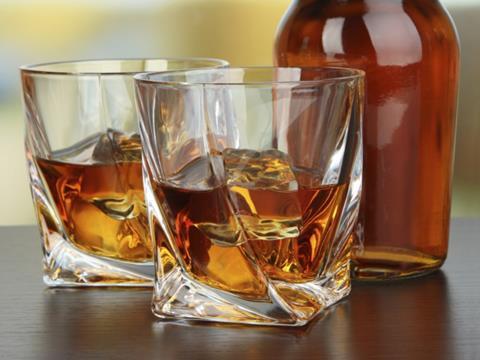
Edinburgh has done it with scotch whisky. Napa Valley with wine. And Dublin with Guinness. So can Kentucky turn its reputation for making 95% of the world’s bourbon into a thriving tourist industry? And should it? Those are the questions asked by BBC podcast The Food Chain: Can a Strong Drink Revive a City? (available now) as journalist Phil Reevell travels to the state’s largest city Louisville, and the heart of ‘bourbonism’.
Five years ago there were zero ‘urban bourbon’ experiences in the city. Now there are soon to be nine, as distilleries open their doors to tourists and the finishing touches are put on the $4.5m Kentucky Bourbon Trail, an exhibit dedicated to the history of the spirit. Chefs laud the merits of mixing bourbon with everything from chocolate to barbecued meat, while one businessman has launched a ‘Bourbon & Beyond’ festival.
It’s working, say officials, with more tourists flocking to the city to explore the heritage and sip high-end samples - all reinvigorating a local economy that has suffered at the hands of de-industrialisation.
But, as Reevell points out, there is a risk in alcohol acting as the centrepiece of any economy. Some in Scotland, for instance, argue that the power of prestigious scotch whisky distilleries acts as a protection for less responsible brewers churning out cheaper spirits like vodka, fuelling addiction without scrutiny. It’s a fascinating angle on drinks tourism that might not yet be worrying Kentucky officials but should be a consideration for all cities banking on booze.







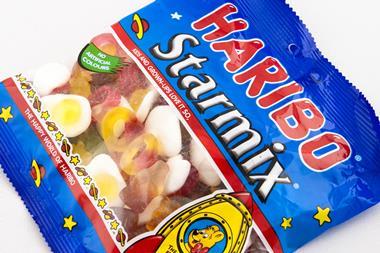
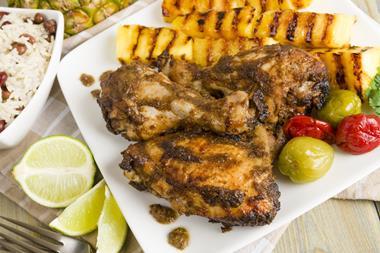
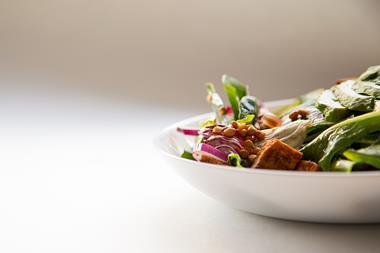
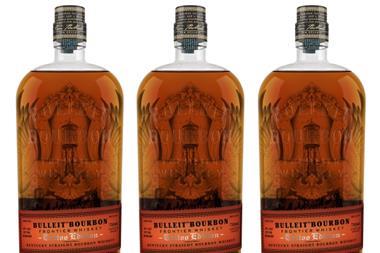
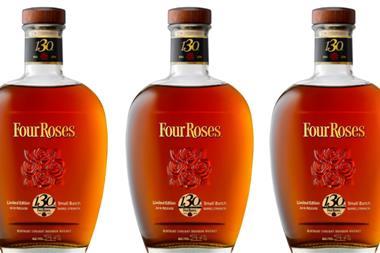
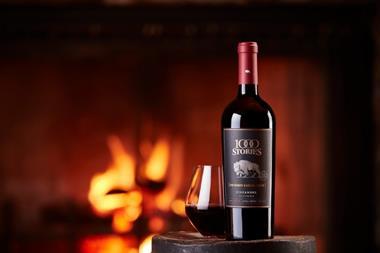






No comments yet